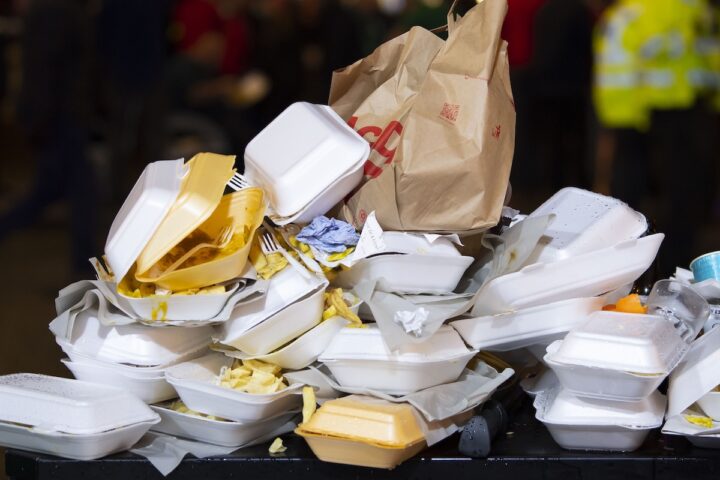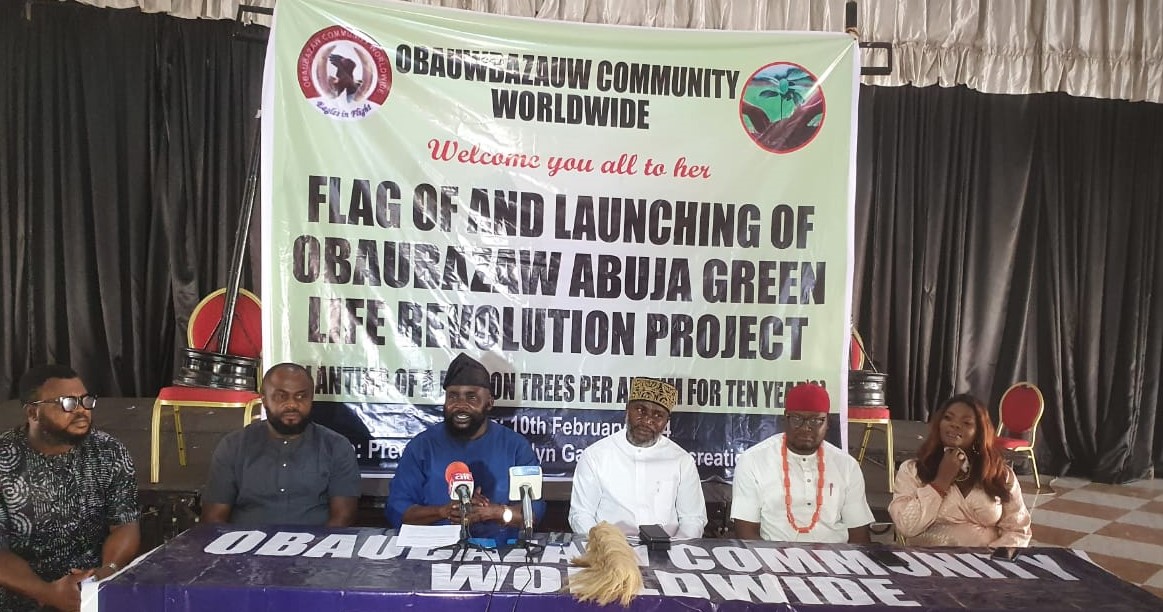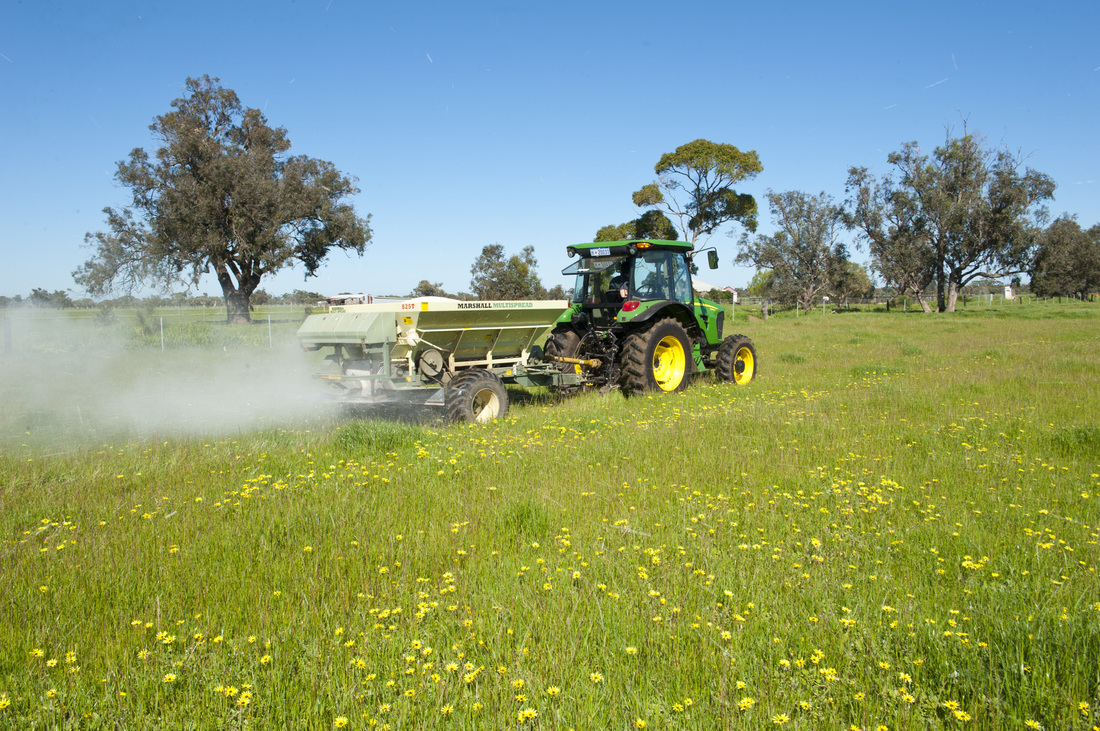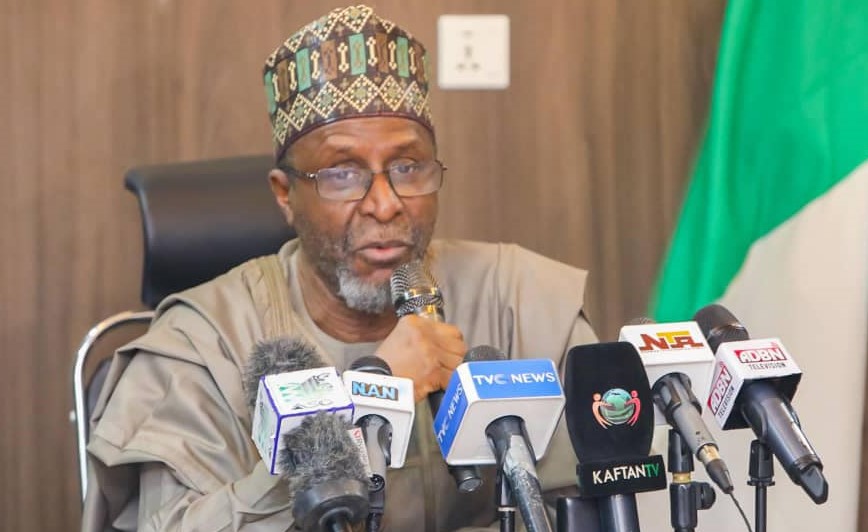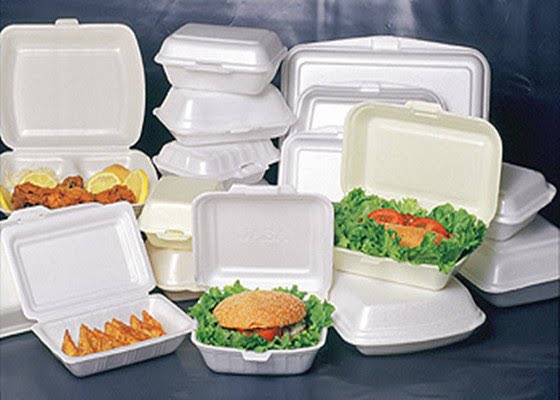CARDIFF, UNITED KINGDOM - MARCH 16:
An overflowing bin full of takeaway food and junk food containers on March, 3 2019 in Cardiff, United Kingdom.(Photo by Matthew Horwood)
The Nigerian Youth Biodiversity Network (NYBN) and the Sustainable Environment Food and Agriculture Initiative (SEFAAI) have kicked against the ban on single-use plastics by the Lagos government.
The state had recently announced a ban on the usage and distribution of styrofoam and other single-use plastics.
In a statement released on Wednesday, the civil society organisations (CSOs) described the development as “the best way forward” for a sustainable environment and a circular Lagos.
The organisations acknowledged the damage caused by plastics and commended the government for enacting a policy to curb its pollution.
Advertisement
The statement, however, said the government “did not carefully examine nor patiently pass through the process of imposing a plastic ban”.
The CSOs said the ban is a “welcome development in the wrong direction”, adding that such policy must come with practical alternatives.
The statement said plastics “still serve some economic good such as increasing product shelf life, easy accessibility to food and protection of food from contamination thus reducing food waste”.
Advertisement
The CSOs urged the government to see the ban as “the beginning of a broader phase-down of plastic” as well as involve stakeholders and civil society engagement in the processes.
“A ban on single-use plastic and Styrofoam packs must come with practical alternatives that will make consumers and businesses easily tag along with the ban, most importantly when they are to go entirely without plastic,” the statement reads.
“Ensuring that businesses can source for alternative models is also important and critical. To maintain public support for the plastic ban, it also helps if there are measures which prevent costs being passed directly to consumers.
“Contextualising plastic pollution in Lagos and other states, a phased approach to plastic ban should have been better, with consistent and clear messaging on what material is banned and the time-frame for such material to be phased out.
Advertisement
“This approach is essential because the problematic nature of plastic and its management must critically include stakeholders engagements, education and awareness, series of consultation processes that will include the big manufacturers and critical layers of the consumers, financing the implementation process and strategies for creating public acceptance.
“Plastic policies should include clearly defined monitoring and evaluation framework, which should as well include the stakeholders’ agreement to ensure policy effectiveness and standardization.
“Given that plastic pollution is generated at all stages of the life cycle, a coordinated whole life-cycle approach to plastic ban is crucial.
“The Lagos state government must therefore balance the plastic policy with careful considerations to the entire plastic life-cycle, and focus on circularity and reduced reliance on bottled drinks and bottled water.
Advertisement
“Plastic policy targeted at downstream action will never yield the required result. We therefore encourage the the ministry of environment to develop a plastic policy that will be integrated with Climate actions, protection of natural ecosystems, conservation of marine and coastal communities, and a paradigm shifts to change the consumer lifestyle in Lagos state.
“In terms of enforcing the plastic ban, it is completely efficient for the Lagos state government to integrate extended producer responsibility, public acceptance and transparency.
Advertisement
“The state should employ market mechanisms, plastic taxes, incentives, behavioral change and other innovative mechanism.
“Using KAI to enforce plastic ban will mean using an arm of state force to enforce the plastic pollution law. We therefore appeal to the Lagos commissioner for environment to consider the policy standardization process and approach of enacting a plastic policy recognized by the international communities.”
Advertisement
Add a comment
